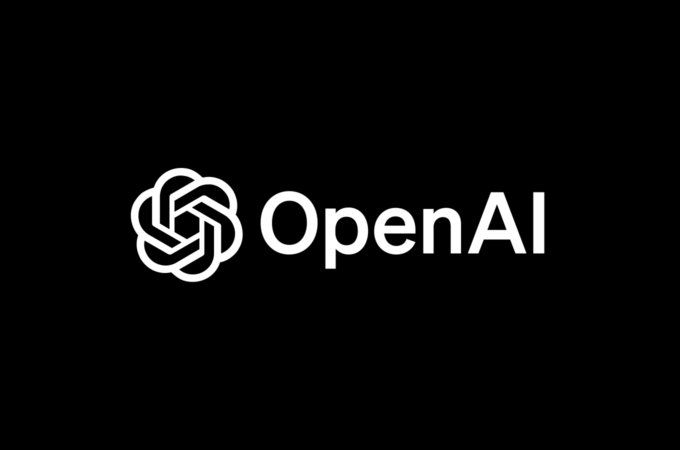
OpenAI Revamps Safety Oversight with Independent Committee, CEO Altman Steps Back
In a significant move to strengthen its safety and security practices, OpenAI has announced the transformation of its Safety and Security Committee into an independent board oversight committee. This development, revealed on September 16, 2024, marks a crucial shift in the company’s approach to AI governance and safety measures.
The newly formed committee, chaired by Zico Kolter, Director of the Machine Learning Department at Carnegie Mellon University, will oversee critical safety and security processes related to OpenAI’s model development and deployment. Notable members include Quora CEO Adam D’Angelo, retired US Army General Paul Nakasone, and Nicole Seligman, former EVP and General Counsel of Sony Corporation.
A key aspect of this restructuring is the absence of OpenAI CEO Sam Altman from the committee, signaling a move towards more independent oversight. This change comes in the wake of criticism and concerns about potential conflicts of interest in the company’s safety practices.
The committee’s enhanced powers include the authority to delay model releases until safety concerns are adequately addressed. This move is seen as a response to growing scrutiny of OpenAI’s commitment to AI safety, especially following the disbandment of its Superalignment team and departures of key safety-focused personnel.
OpenAI’s announcement outlined five key areas of focus based on the committee’s recommendations:
- Establishing independent governance for safety and security
- Enhancing security measures
- Increasing transparency about their work
- Collaborating with external organizations
- Unifying safety frameworks for model development and monitoring
As part of these initiatives, OpenAI is evaluating the development of an Information Sharing and Analysis Center (ISAC) for the AI industry to facilitate the sharing of threat intelligence and cybersecurity information. The company also plans to expand internal information segmentation and deepen its around-the-clock security operations teams.
In terms of transparency, OpenAI has committed to finding more ways to share and explain its safety work, building on its practice of publishing system cards detailing the capabilities and risks of its models. The company is also exploring opportunities for independent testing of its systems and is pushing for industry-wide safety standards.
Collaborations with external organizations are a key part of OpenAI’s new strategy. The company has reached agreements with the U.S. and U.K. AI Safety Institutes to research emerging AI safety risks and standards for trustworthy AI. Additionally, OpenAI is working with Los Alamos National Labs to study the safe use of AI in scientific research settings.
This restructuring comes at a time when OpenAI is reportedly pursuing a funding round that could value the company at over $150 billion. The timing of these safety measures and the removal of Altman from the safety committee may be seen as an attempt to address concerns about the company’s rapid growth and its ability to maintain robust safety practices.
As AI technology continues to advance rapidly, OpenAI’s moves reflect the growing importance of safety and security in the industry. The effectiveness of this new independent oversight committee in balancing innovation with responsible AI development will be closely watched by industry observers and regulators alike.





